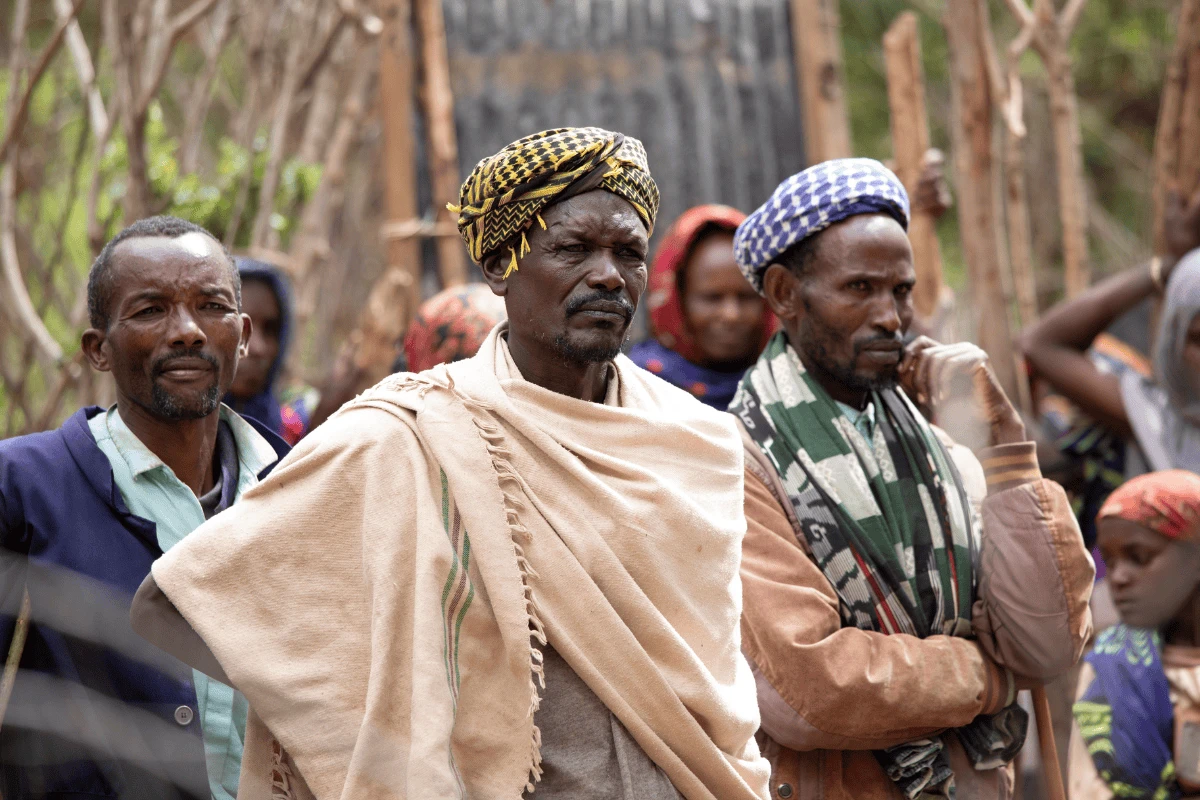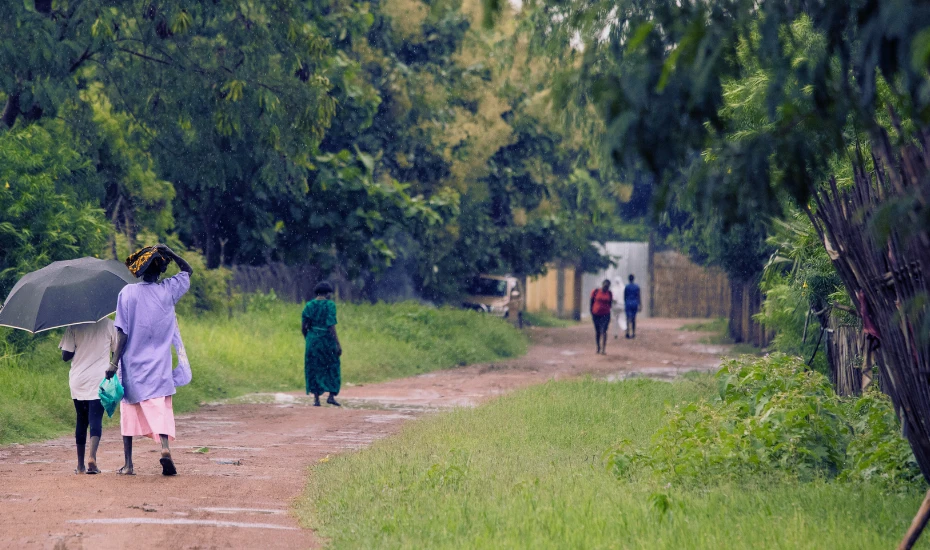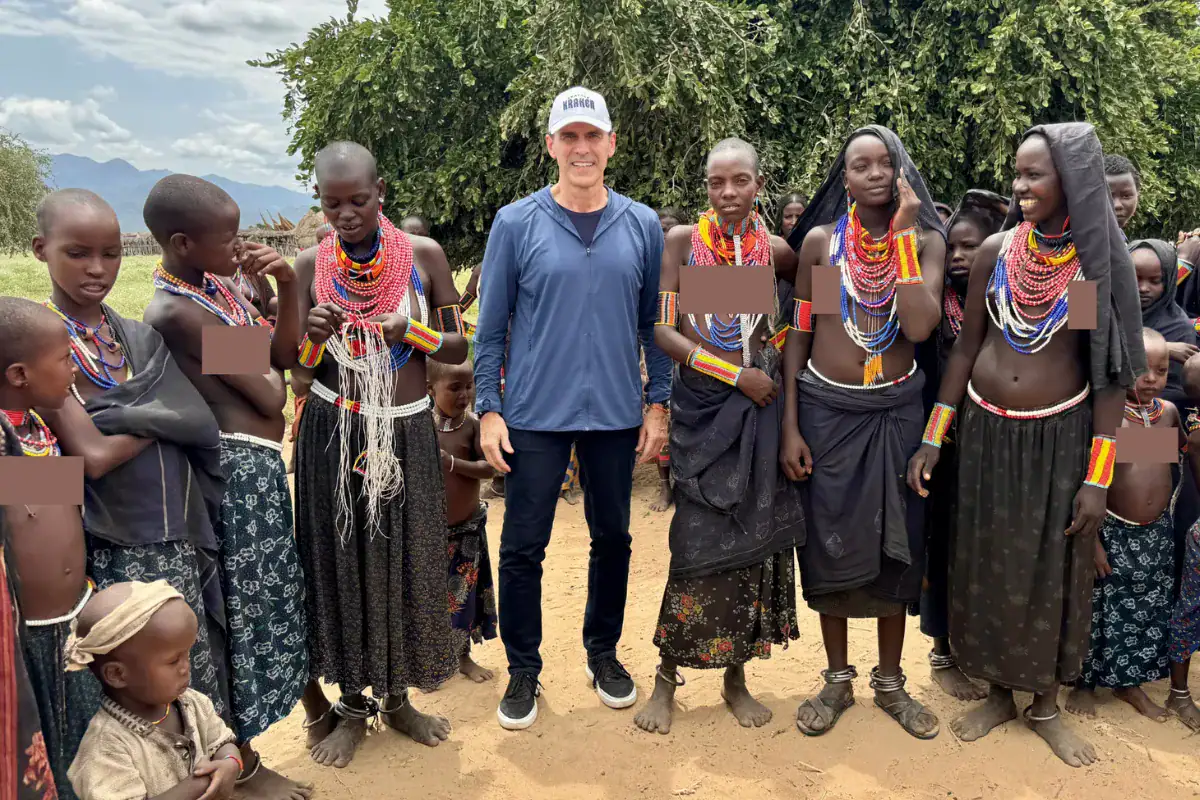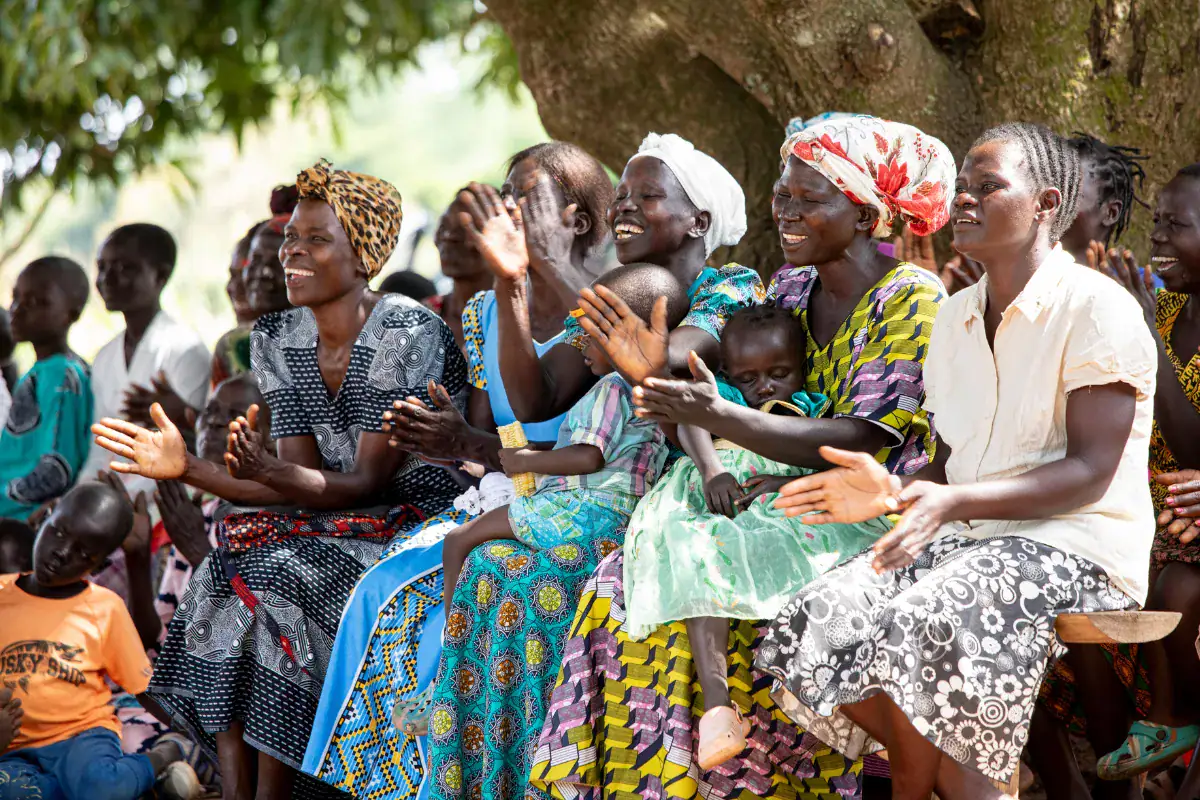The Stark Reality For Many
In many parts of the world, the presence of churches and Bibles is taken for granted. There’s likely a church within a mile of where you live, and there’s probably a Bible in your home. For many, these symbols of faith are a routine part of daily life. However, for more than one-third of the world’s population, this is not the case. Astonishingly, over a third of the world has never heard the good news of Jesus Christ. This stark reality highlights the immense challenge that lies ahead for the global Christian community and the compelling mission God has given Petros Network.
Defining the term "Unreached"
The term “unreached” refers to regions where less than 2% of the population follows Jesus Christ. According to the Joshua Project, roughly 42% of the world’s population, or around 6,701 people groups, have little to no access to the Gospel of Jesus Christ. These individuals have minimal chances of hearing the message of salvation and life.
Many live in cultures and language groups where the message of salvation is not presented in a culturally relevant way. Not only have these people never heard the message of Jesus, but often, there is no one there to tell them. The statistics are sobering: only 3% of missionaries go to these unreached areas, and a mere 1% of mission funding is directed toward them. How to change that. This disparity raises a critical question: why don’t we send more missionaries to the unreached areas?
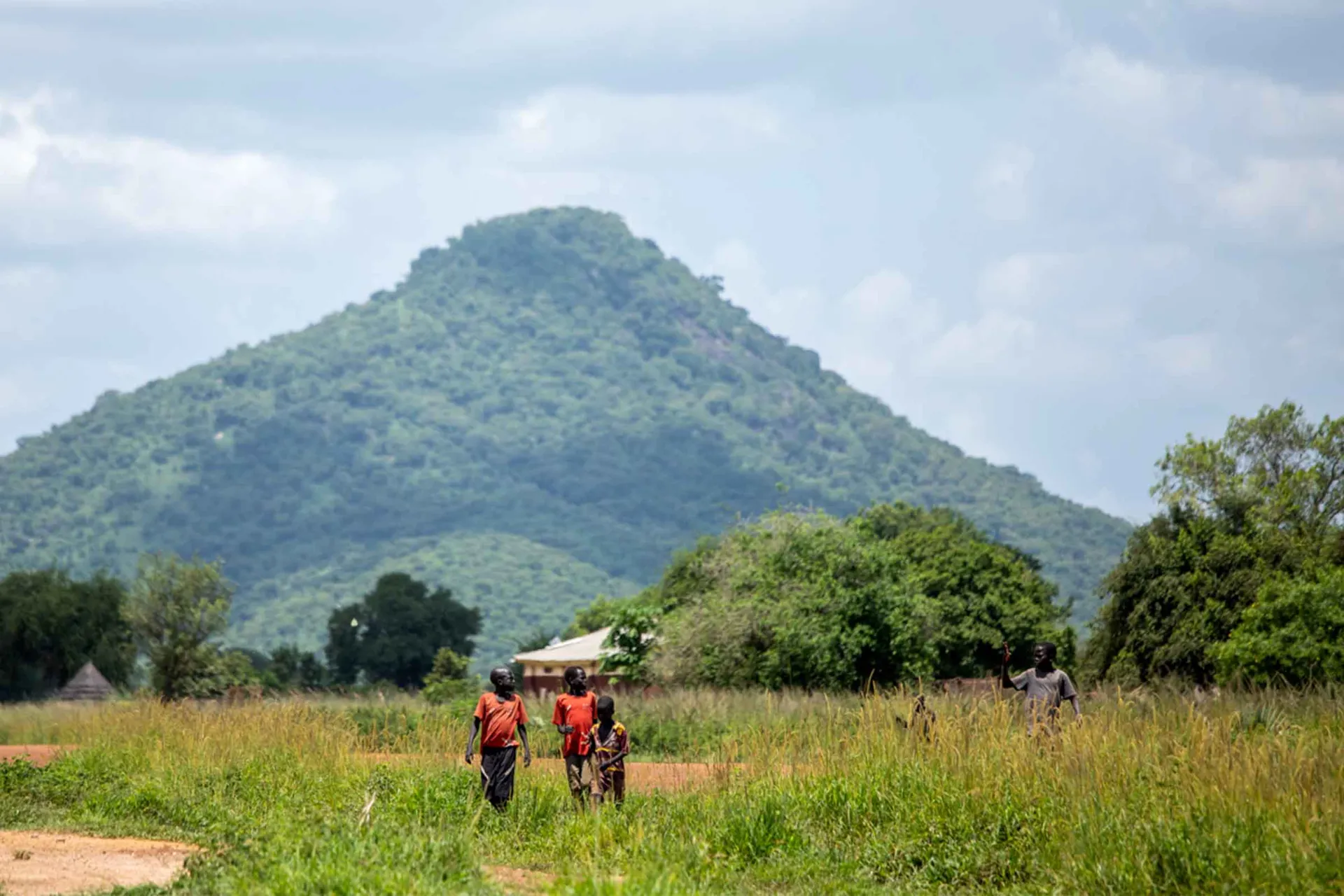
Barriers to Reach the Unreached
Hard-to-Reach Location
One primary reason people remain unreached is the difficulty involved in reaching these populations. Some people are unreached because they are physically remote, living in areas that are hard to access due to geographical barriers like mountains, deserts, and dense forests. Reaching these remote areas requires significant resources, planning, and resilience. The journey is often challenging, from navigating difficult terrains to dealing with extreme weather conditions. Petros Network partners with and trains local church-planting candidates who are eager to serve in these challenging areas. By speaking the heart language of the people, they can quickly connect and become an integral part of the community.
Ingrained Cultural Beliefs
Others are unreached due to cultural reasons. These regions often have deeply ingrained traditions and beliefs that violate fundamental biblical principles of love, respect, protection, and dignity for all individuals. Jesus’ teachings call for the care and upliftment of the vulnerable, the honoring of our bodies, the nurturing of children, and the promotion of peace and justice (Romans 12:18).
As part of Petros Network’s Certificate Program, missionaries are taught to be self-theologizing — to read and interpret Scripture within their local culture. Petros Network aims to maintain biblical integrity in sharing Jesus’ message of hope and salvation while respecting and uplifting the cultural contexts of the community. This requires a deep understanding of what it means to build God’s kingdom on earth as it is in heaven (Matthew 6:10).
Tribal Conflict
Petros Network missionaries often face tribal conflict and even active war within a community or region. Tribal conflicts often result in violence, instability, and deep-seated mistrust among communities. These conflicts can make it exceedingly difficult for missionary church planters to establish trust and build relationships necessary for effective ministry. Church planters can also suffer harm and persecution as they try to assist and create Redemptive Lift among villagers caught in the conflicts.
Persecution and Legal Challenges
In some parts of the world, where spiritual bondage is particularly intense, it is illegal to follow or preach Christianity. This can result in significant obstacles for missionaries whose desire is to share hope, compassion, and love that only Jesus can bring. Church planters can face legal repercussions, fines, imprisonment, or worse. The threat of persecution is real and ever-present in these areas. Missionaries and new converts alike risk their safety and freedom to practice and share their faith. Despite these dangers, many continue to persevere, driven by their commitment to the Great Commission.
Petros Network's Strategic Approach: Equipping Indigenous Leaders
Everyone Deserves Gospel Access
The question then arises: why is it important to focus on the unreached? The answer lies in the fundamental core belief that everyone deserves the opportunity to hear the Gospel at least once. It is a profound injustice that while some hear the Gospel multiple times, others have never heard it even once. This imbalance drives our mission to spread the Gospel to the ends of the earth, ensuring that no one is left without the chance to know Jesus Christ.
Petros Network’s commitment to reaching the unreached is rooted in the conviction and Biblical mandate that every effort should be made to spread the Gospel. We believe that the message of hope, love, and salvation through Jesus Christ is a gift that should be accessible to all, regardless of their geographical location, cultural background, community strife, or the legal environment in which they live. Fulfilling Petros Network’s mission is not without its challenges, but we believe it is a cause worth dedicating our resources and efforts to.
A Call to Reach the Unreached
The task to reach the unreached is arduous, challenging, and often dangerous. But it is also a journey of hope, compassion, and unwavering faith. By dedicating yourself to this mission, you honor the calling to be the hands and feet of Jesus, bringing light to the darkest corners of the earth.
“Therefore go and make disciples of all nations, baptizing them in the name of the Father and of the Son and of the Holy Spirit, and teaching them to obey everything I have commanded you. And surely I am with you always, to the very end of the age.”
—Matthew 28:19-20, NIV
Let us move forward with courage, unity, and a steadfast commitment to spreading the Gospel to the ends of the earth, knowing that every effort we make brings us closer to a world where everyone has the opportunity to hear Good News of Jesus.
Won’t you join us? We have church planters willing and waiting to be sent.
ABOUT THE AUTHOR
Written by Linda Noah, co-founder of Petros Network alongside her husband, Dr. Ray Noah. Since 2004, the Noahs have been active in Africa, spearheading the launch of thousands of missionary church planters among the unreached. Through their training and mobilization efforts, millions of people have heard the Gospel, and hundreds of thousands have made a personal decision to follow Christ. Linda has also led significant humanitarian efforts focused on women and children, addressing food insecurity, healthcare, clean water, and sanitation in rural communities. The result of Petros Network and the Noahs’ leadership strategy is called “Redemptive Lift.”
